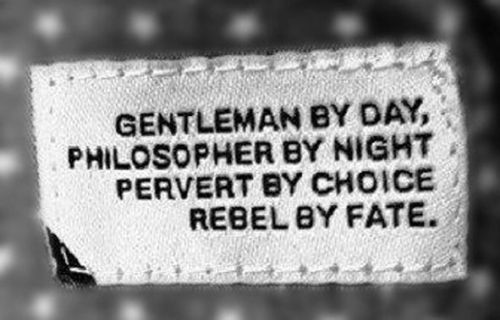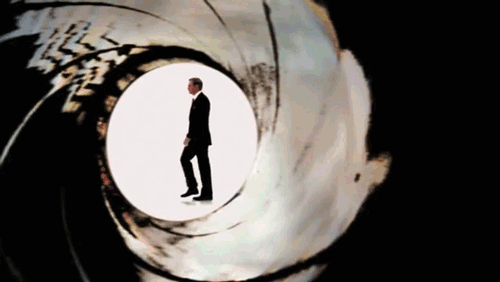Der Richter und sein Henker (English: The Judge and His Hangman) is a novella by the Swiss writer Friedrich Dürrenmatt written in 1950 and first published in English in 1955, in a translation by Therese Pol. A new translation by Joel Agee appeared in 2006, published together with Suspicion as The Inspector Bärlach Mysteries, with a foreword by Sven Birkerts. Together with Dürrenmatt's The Pledge: Requiem for the Detective Novel, these stories are considered classics of crime fiction, fusing existential philosophy and the detective genre.
Der Richter und sein Henker was made into a 1975 film titled End of the Game directed by Maximilian Schell, with screenplay by Dürrenmatt and Schell. Jon Voight took lead billing as Walter Tschanz, with Martin Ritt as Hans Bärlach and Robert Shaw as Richard Gastmann. Jacqueline Bisset and Friedrich Dürrenmatt also appeared in the film, and Donald Sutherland played the role of the corpse of Lt. Schmeid. German silent film actress Lil Dagover made her last screen appearance before retirement in the film. The film was also reissued as Getting Away With Murder, Murder on the Bridge and Deception.
The main character is Commissar Bärlach of the Bernese police, who is dying of cancer and must solve the murder of his best officer, Lieutenant Ulrich Schmied. Bärlach is assisted in his investigation by officer Walter Tschanz. As Schmied had been investigating the crimes of Richard Gastmann, a career master criminal who is an old friend and enemy of Bärlach's, suspicion immediately falls upon Gastmann. But Bärlach and Tschanz's "investigation" of Gastmann yields an unexpected twist after Tschanz kills Gastmann, supposedly in self-defense. Bärlach then reveals that he has known all along that Tschanz is the one who murdered Schmied.
Tschanz had purposefully killed Gastmann so that Gastmann would be forever blamed for Schmied's murder. Furthermore, Bärlach had manipulated Tschanz into this action with the manner in which Bärlach had pressed forward with their seeming investigation of Gastmann. Bärlach had deliberately pushed Tschanz toward a final, fatal confrontation with Gastmann, resulting in Gastmann's death: the punishment Bärlach considers just for all of the previous crimes Gastmann had committed, but which Bärlach had been unable to prove.
In fact, Gastmann and Bärlach went back forty years. They had long ago made a personal bet with one another as to whether it was possible to commit the "perfect" crime, such that even an investigator who personally witnessed it would never be able to prove the perpetrator guilty. After that bet, Gastmann, as Bärlach well knew, had pursued a lifelong career as a purveyor of crime, evil in its comprehensiveness, arrogant and mocking of civilization itself. And indeed he always remained one step ahead of Bärlach's tireless but fruitless efforts to convict him. Gastmann remembered to Bärlach: "I wanted to prove that it was possible to commit a crime that couldn't be solved." Gastmann had been correct, and Bärlach's final plot is an acknowledgment thereof. By murdering Schmied during Schmied's investigation of Gastmann, Tschanz had ruined the terminally ill Bärlach's final chance to bring Gastmann to justice in a courtroom. Therefore, using Tschanz as a pawn, Bärlach finds an alternate method to mete out the justice for which he feels Gastmann is overdue.
The central question of this book is whether or not it is right to frame a person for a crime they didn't commit, if they've committed another crime that was never proven. Bärlach affirms the question when he says to Gastmann: "I couldn't prove that it was you who committed the first crime, but I am transferring this crime to you" — therefore, Gastmann, the very embodiment of evil criminality, was finally punished.
The interplay between Bärlach and Tschanz takes on a symbolic dimension. Tschanz, the ambitious underling, insists on the efficacy of modern, scientific crime-solving methods "from the Chicago school". Bärlach is skeptical, relying instead on his deep knowledge of human motives, born of lifelong experience. While Tschanz's methods make ostensible progress on the case, ultimately, it is Bärlach's intuitive sense that has long since enabled him to determine the truth, and also enables him to use Tschanz to settle his old score with Gastmann.
One can understand the novella also as question: "When humans determine themselves the fate of others they become the judges and when they become the instrument of others they become the henchmen." Having been set up by Bärlach to kill Gastmann, Tschanz says to Bärlach at the end of the story, "Then you were the judge and I the hangman". Tschanz then kills himself.
























No comments:
Post a Comment